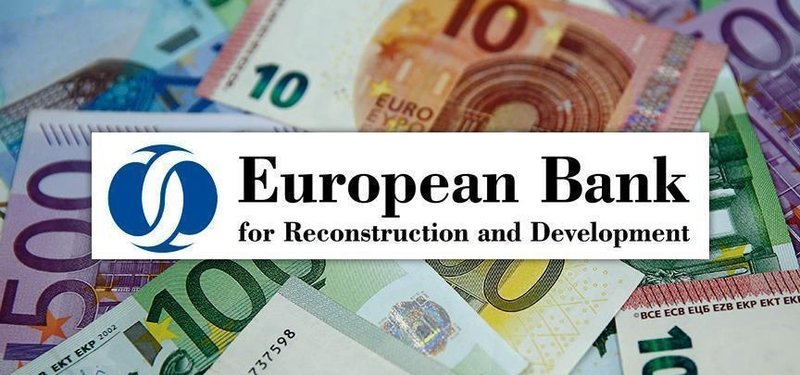
EBRD doubles 2017 economic growth forecast for Turkey
- Economy
- Anadolu Agency
- Published Date: 12:00 | 07 November 2017
- Modified Date: 06:37 | 07 November 2017
The European Bank for Reconstruction and Development (EBRD) has upgraded its 2017 growth forecast for Turkey by 2.6 percentage points.
In its latest forecast Regional Economic Prospects, published on Tuesday, the EBRD projects that the Turkish economy will grow 5.1 percent in 2017 and 3.5 percent in 2018.
"Growth in Turkey is projected to accelerate to 5.1 percent in 2017 on the back of government stimulus before moderating to 3.5 percent in 2018 as the impact of the fiscal stimulus wears out," the report said.
The upgrade follows the International Monetary Fund upping Turkey's 2017 growth forecast 2.6 percentage points on Oct. 10 and the World Bank raising its forecast 0.4 percentage points on Oct. 19.
Turkey's economy grew 5.2 percent in the first quarter of this year and 5.1 percent in the second quarter, compared with the same periods in 2016, according to the Turkish Statistical Institute (TurkStat).
The government's significant fiscal stimulus this year -- notably the temporary VAT cuts for durable consumer goods and the 250 billion Turkish lira ($70 billion) Credit Guarantee Fund -- led to a surge in domestic demand in 2017, the report said.
The report noted the lira's recovery of some of its losses, reflecting both Central Bank measures to tighten monetary policy, and increased portfolio inflows in common with the overall trend in emerging markets.
"However, Turkey's large current account deficit, extensive foreign-exchange-denominated corporate debt and investor concerns over geopolitical risks mean that the lira remains vulnerable," the report said.
The report also said strong public finances and a stable banking system remain the key anchors of the Turkish economy, despite the recent loosening of fiscal policies and rising contingent liabilities.
"The banking system remains well capitalized, with low levels of non-performing loans (3.1 percent)," it said.
"A significant strength of Turkey is its low public debt of 28 percent of GDP at end-2016, and low budget deficit, which stood at 1.1 percent of GDP in 2016. However, expansionary fiscal policies adopted since the end of 2016 have rapidly expanded the budget deficit, and the government passed an act to increase the borrowing limits of the Treasury this year."
The report said the country's net exports are likely to grow due to the competitive exchange rate and rising demand in key export markets such as Europe.
Economies where the EBRD invests are expected to pick up to 3.3 percent in 2017 before moderating to 3 percent in 2018, up 0.9 percentage points for 2017 and 0.02 percentage points for 2018 from the bank's previous forecast in May.
The bank also projected that Russia's economy will return to moderate growth of 1.8 percent this year and 1.7 percent in 2018 after a cumulative output decline of 3 percent in 2015-2016.

